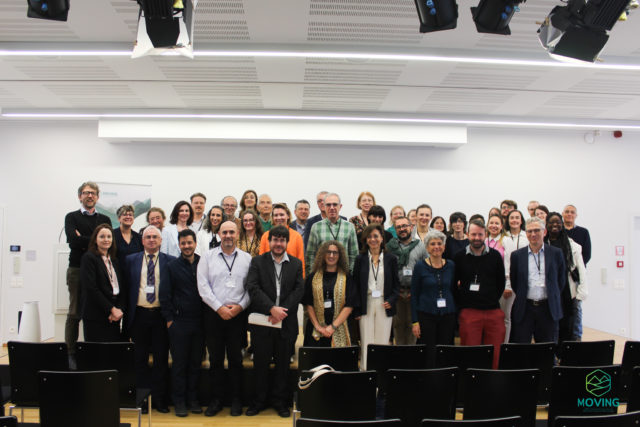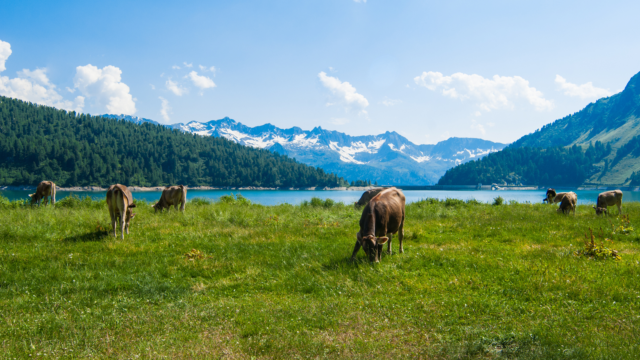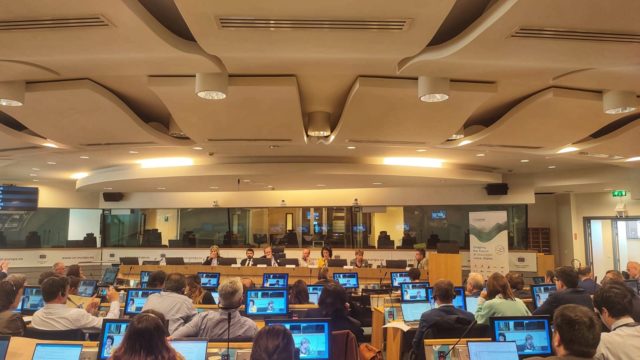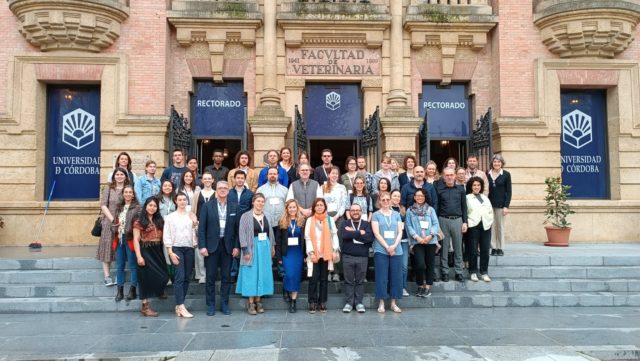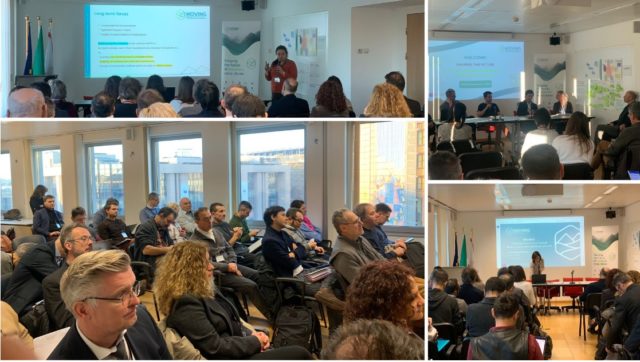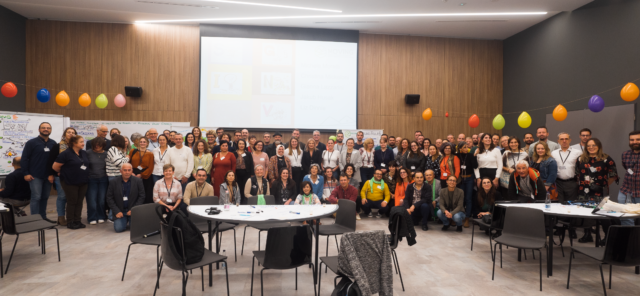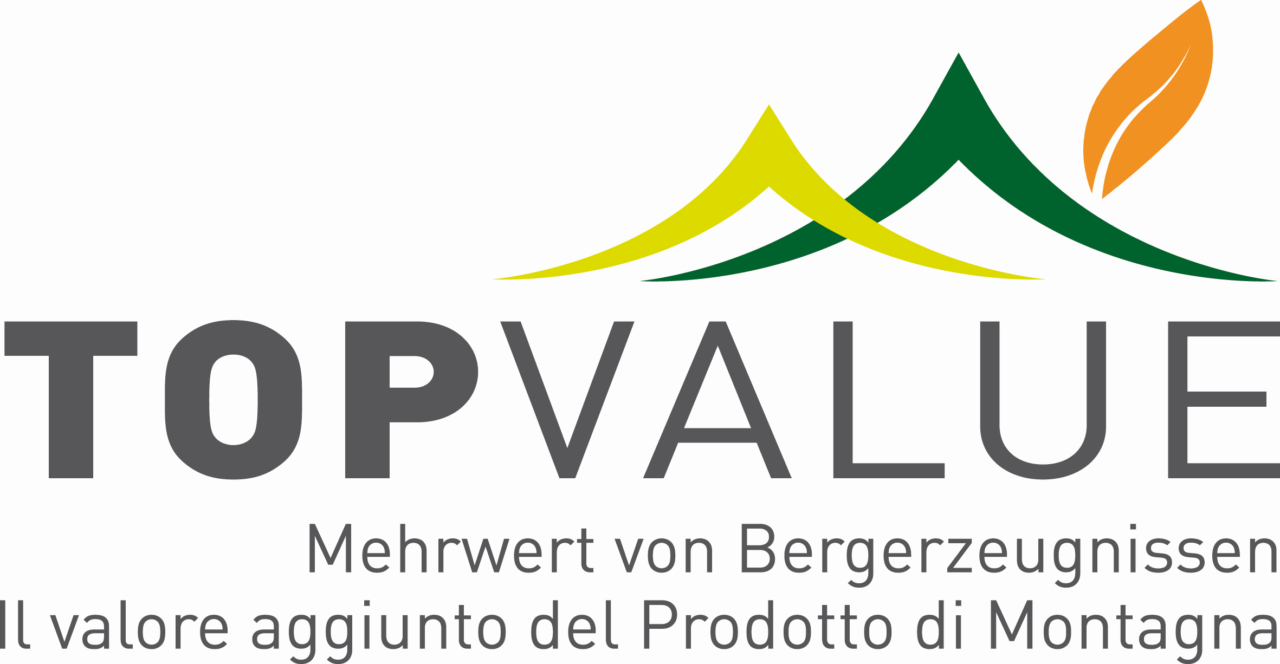
As part of the research activity of the Horizon2020 project “MOVING”, AREPO is currently carrying out an analysis on the implementation of the Optional Quality Term (OQT) “Mountain Product”, with the intention to update the report periodically published by Euromontana on this issue since 2016.
The initial desk research has drawn our attention to the results of TOP-Value, a 3 year EU Interreg co-funded project that started in January 2017 and ended in December 2019. It aimed to encourage producers to adhere to the OQT “Mountain Product” in the cross-border area between Italy and Austria, specifically in the regions of Carinthia (Austria), Friuli Venezia Giulia and Veneto (Italy),
The project focused on the OQT as a mean to enhance the value of products from mountain areas, provide consumers with better information, and strengthen territorial competitiveness. In doing so, the project intended to increase local income while preserving local productions and the natural environment.
As a matter of fact, besides boosting the economic value of mountain agri-food production, TOP-Value introduced an innovative approach seeking to valorise mountain products by quantifying ecosystem services associated with them, e.g. biodiversity, landscape aesthetics, animal welfare, and adherence to emissions regulations.
These aspects, often hidden within the broader concept of food quality, are the result of the constant hard-work of farmers and are essential not only for the social and environmental sustainability of high-quality products but also for meeting the expectations of tourists and consumers. In fact, the presence of the agricultural and livestock activity, linked to a correct management of resources, safeguards the existence of a vital socio-economic fabric in these marginal areas, preserves local traditions and culture, acts as a guardian of the territory and makes it attractive for tourist and recreational activities.
The project intends to guide consumers and producers towards a greater recognition of the role assumed by mountain agriculture and animal husbandry, promoting them not as primary goods production systems, but also as service providers.
Key ecosystem services addressed by the project included:
1. Plant and Landscape Biodiversity: Highlighting the role of mountain products in preserving unique plant and landscape biodiversity.
2. Protection of Animal Welfare: Emphasizing the ethical treatment of animals in the production process.
3. Environmental and Social Sustainability: Promoting practices that reduce CO2 emissions and enhance the social sustainability of mountain farming.
This approach aimed to create effective communication strategies that would showcase traditional mountain products, making them a focal point of a vibrant and attractive transboundary area.
TOP-Value’s case studies allowed as well to pinpoint the challenges associated with adopting the OQT for mountain products and offered practical solutions to producers.
These solutions included the following tools:
- A consumer guide on quality schemes: “Logos, Labels, Quality…A guide to the finer points of the schemes” EN, IT, DE;
- An e-learning course for producers on different agri-food quality systems;
- Guidelines for a methodological and organisational procedure aimed at helping mountain dairies using the OQT mountain product in managing milk supply traceability, in compliance with EU Regulation;
- Scientific reports describing the protocols followed for data collection and processing and summarising the results obtained through the study of each ecosystem service;
- A Report assessing the consumer’s awareness and willingness to pay for “mountain products” and the economic impact on dairy farms following the adoption of the OQT.
TOP-Value project might serve as a model of sustainable and holistic development for mountain regions. By linking ecosystem services to the OQT “Mountain Product,” it has not only empowered local producers but also created a more sustainable, attractive, and economically viable cross-border area between Italy and Austria. This project showcases how the strengthening of productive activities in mountain areas contributes to consolidating the balance between human action and the environment, which is indispensable to maintain that ‘resilience’ which guarantees the response to climatic-environmental stresses to which the territory is increasingly subjected.
More information is available here: https://keep.eu/projects/18309/Value-of-mountain-products-EN/
And in the website of the project partners:
- University of Udine: https://sav.uniud.it/en/projects/topvalue
- University of Padova: https://www.dafnae.unipd.it/ricerca/top-value
- Regione Veneto: https://www.regione.veneto.it/web/agricoltura-e-foreste/progetto-top-value
- Presentation on TOP-value objectives and expected results: https://www.regione.veneto.it/c/document_library/get_file?uuid=1517e7b5-d0e6-4a40-abcf-550fbbc4ed12&groupId=10701
- Page dedicated to TOP-value project on ERSA website


